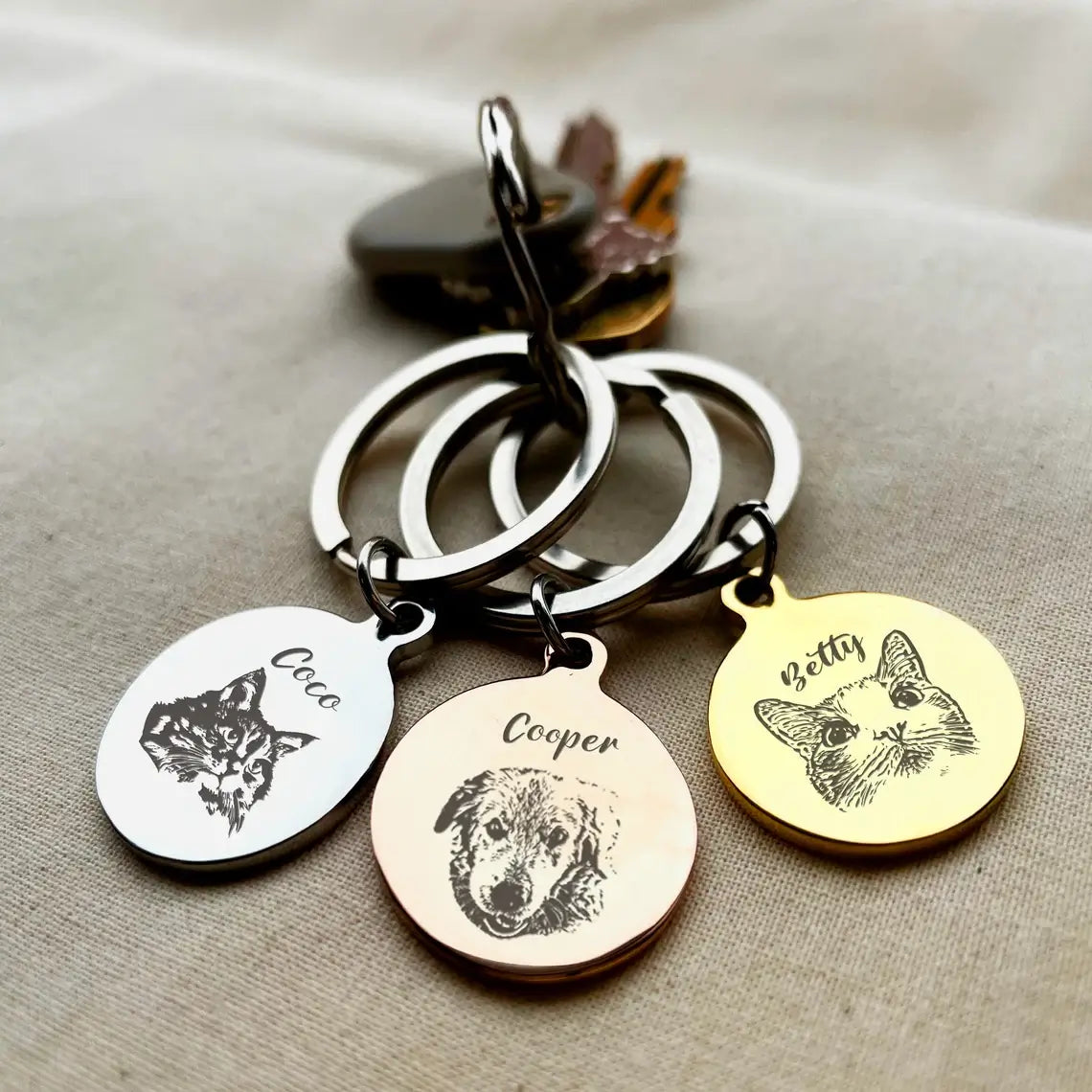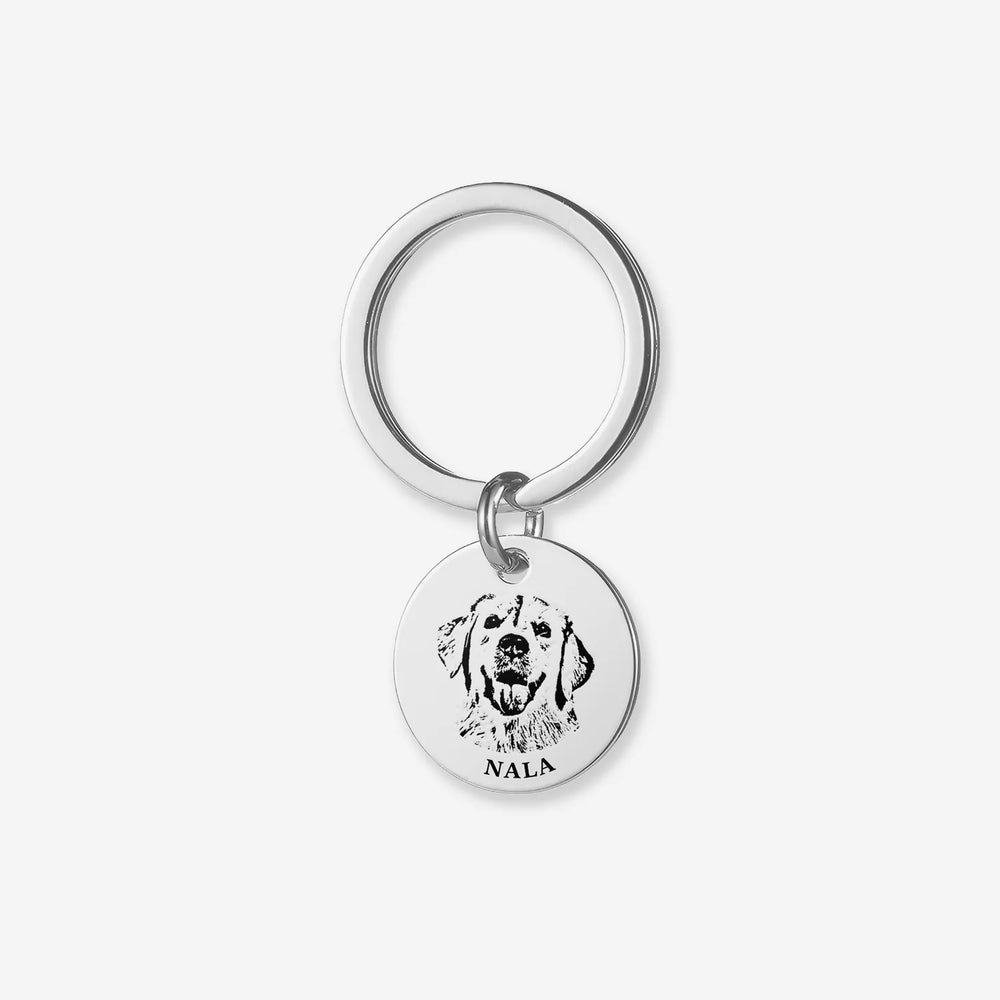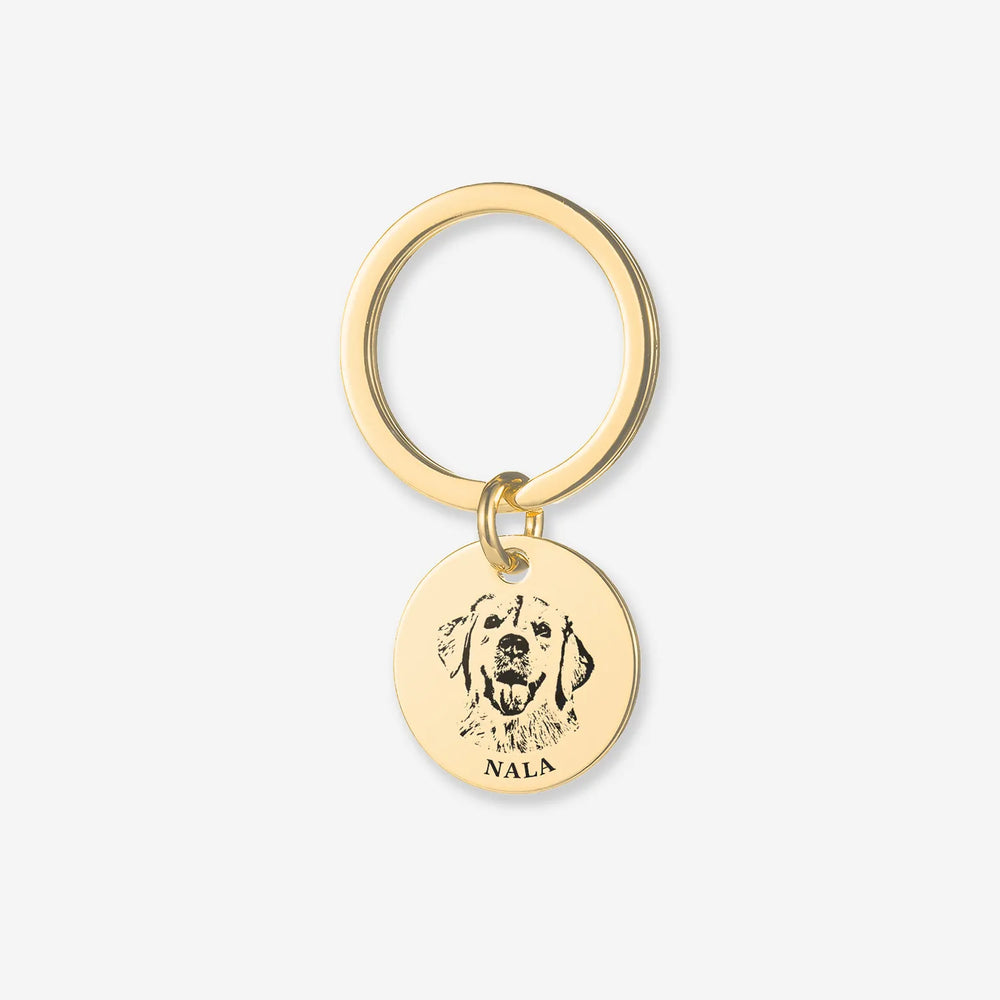Buy One, Get One FREE
Boxer Dog Breed: The 2025 Guide to This Playful, Protective Companion

With their wrinkled brows, muscular build, and boundless energy, Boxers are one of the most recognizable—and misunderstood—dog breeds. But behind that serious face lies a clownish, loyal family member. In this guide, we’ll explore the Boxer’s history, personality, and care needs, while answering critical questions like “Is a Boxer a good family dog?” and “What are the downsides?”—all backed by 2024 data and expert insights.

Boxer 101: Origins & Traits
Developed in Germany in the 19th century, Boxers descended from mastiff-type dogs used for hunting and bull-baiting. Modern Boxers retain their ancestors’ strength but channel it into loyalty and playfulness.
Key Stats (2024):
- Size: 21–25 inches tall; 50–80 lbs (AKC).
- Lifespan: 10–12 years (shorter than many small dog breeds due to health risks).
- Coat: Short, smooth; fawn, brindle, or white.
- Energy Level: ★★★★★ (Needs 90+ minutes of daily exercise).
Is the Boxer a Good Family Dog?

Short Answer: Yes—if you match their energy.
- Kid-Friendly: 94% of owners rate Boxers as “excellent with children” (Boxer Club of America).
- Protective Instincts: Natural guardians; 67% alert owners to strangers (2024 Canine Behavior Study).
- Socialization Needs: Early exposure to people/dogs prevents overprotectiveness.
Real-Life Example:
“Our Boxer, Duke, is a goofball who ‘herds’ the kids to the dinner table. But when a delivery person arrives, he’s all business.”
— Sarah, Ohio
Is a Boxer a High-Risk Dog? Debunking Myths
Boxers are often unfairly grouped with target dog breeds due to their muscular build. Let’s clarify:
- Bite Statistics: Boxers account for 1.2% of U.S. dog bite incidents (AVMA, 2023)—lower than many small dog breeds.
- Temperament: 88% pass AKC temperament tests, scoring higher than Golden Retrievers in confidence.
- Legal Status: Banned in 0 U.S. cities (unlike Pit Bulls or Cane Corsos).
Expert Take:
“Boxers are lovers, not fighters. Their ‘risk’ lies in knocking over toddlers during play, not aggression.”
— Dr. Emily Torres, Veterinarian
What Is the Downside of Owning a Boxer?

1. Health Vulnerabilities
- Cancer Rates: 38% develop mast cell tumors or lymphoma (Morris Animal Foundation, 2024).
- Heart Issues: 20% inherit aortic stenosis (common in large breeds).
- Bloat Risk: 15% chance without preventive surgery (similar to biggest dog breeds like Great Danes).
2. High Maintenance Energy
-
Exercise Demands: A bored Boxer = chewed furniture. They need:
- Daily runs or agility training.
- Mental challenges (puzzle toys, scent work).
3. Short Lifespan
- 10–12 Years: Shorter than smaller breeds, deepening the grief of loss.
Boxer vs. Similar Breeds
| Breed | Best For | Watchdog Skill |
|---|---|---|
| Boxer | Active families, protection | ★★★★☆ (Alert but friendly) |
| Doberman | Guarding, precision training | ★★★★★ (Intimidating) |
| Bulldog | Low-energy homes | ★★☆☆☆ (Lazy watchers) |
Caring for Your Boxer: A 2025 Checklist
- Diet: High-protein food + fish oil to reduce cancer risk.
- Training: Positive reinforcement; they’re sensitive to harsh tones.
- Health Screenings: Annual heart exams + DNA tests for ARVC (a genetic heart condition).
- Grooming: Weekly brushing; wipe face wrinkles to prevent infections.
Boxers in Pop Culture: Why We Love Them
-
Famous Boxers:
- Tyga (Miley Cyrus’s dog, with 2M Instagram followers).
- Wilson (from Cast Away—symbolizing loyalty).
- Media Impact: 2023’s The Boxer documentary reduced shelter surrender rates by 18%.
Honoring Your Boxer: Beyond Their Years
Boxers leave paw prints on your heart long after they’re gone. At iPetprints, we help you immortalize their spirit with:
- Custom Name Tags: Engrave their goofy nickname on a stainless steel pendant.
- Paw Print Keepsakes: Capture their distinctive paw shape in silver.
- Memorial Jewelry: Hold a pinch of ashes in a heart-shaped urn necklace.
Featured Product:
- Boxer Portrait Necklace ($49): Laser-engrave their trademark wrinkles and soulful eyes.
Final Thought: The Boxer Paradox
Boxers are a study in contrasts: powerful yet gentle, goofy yet vigilant. While they aren’t dangerous dog breeds, their size and energy demand commitment. For the right family, however, a Boxer isn’t just a pet—they’re a lifelong adventure wrapped in a wagging tail.






















